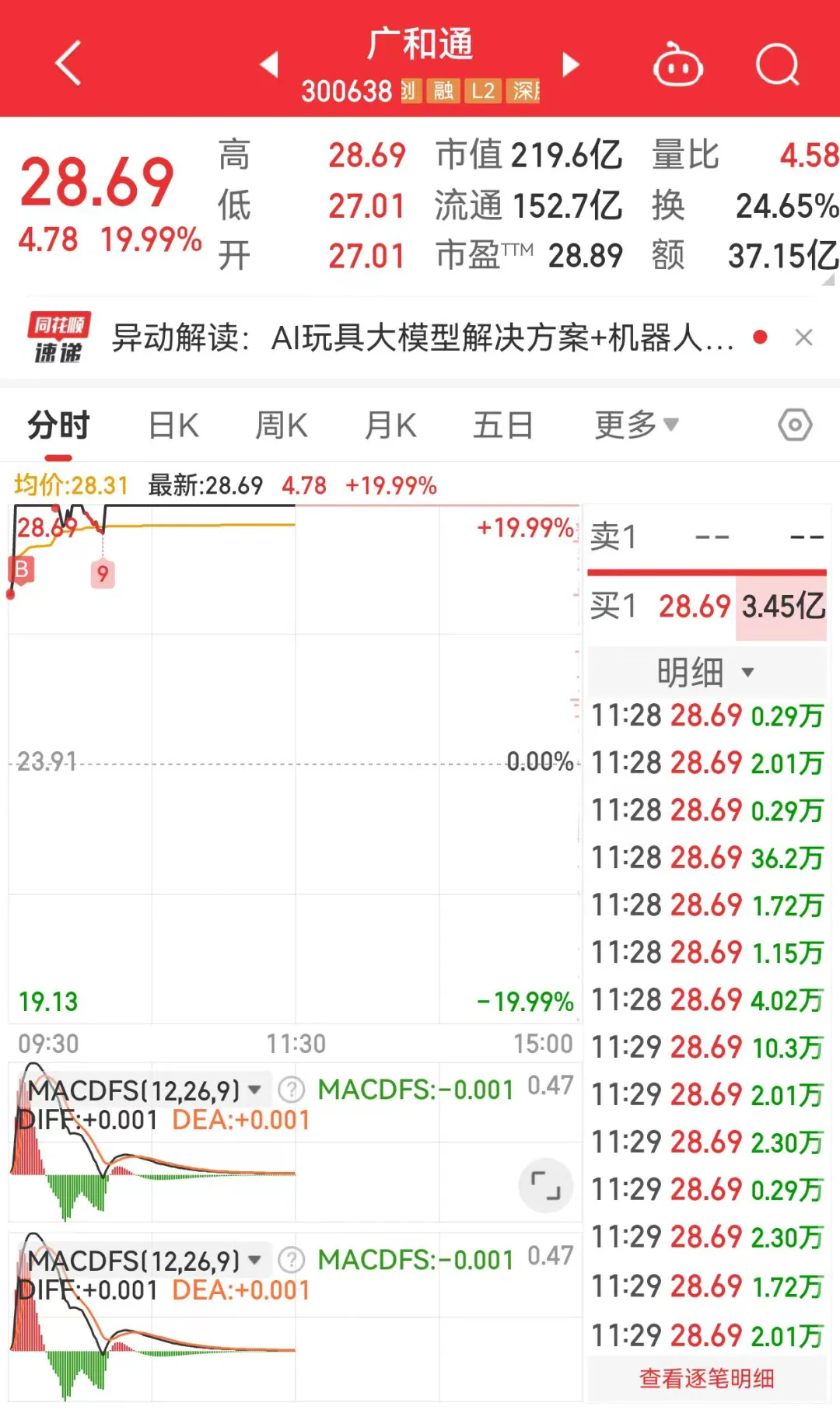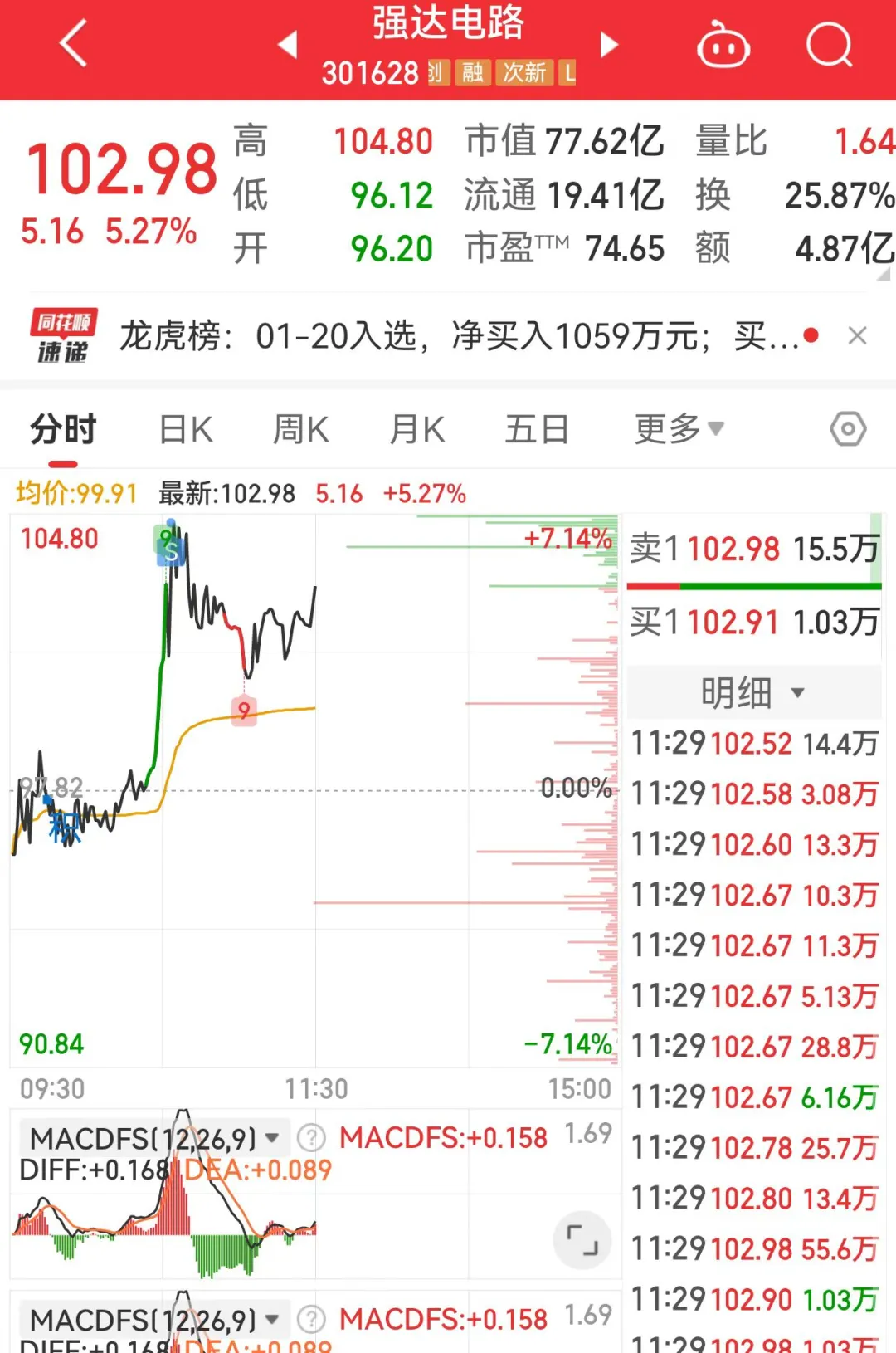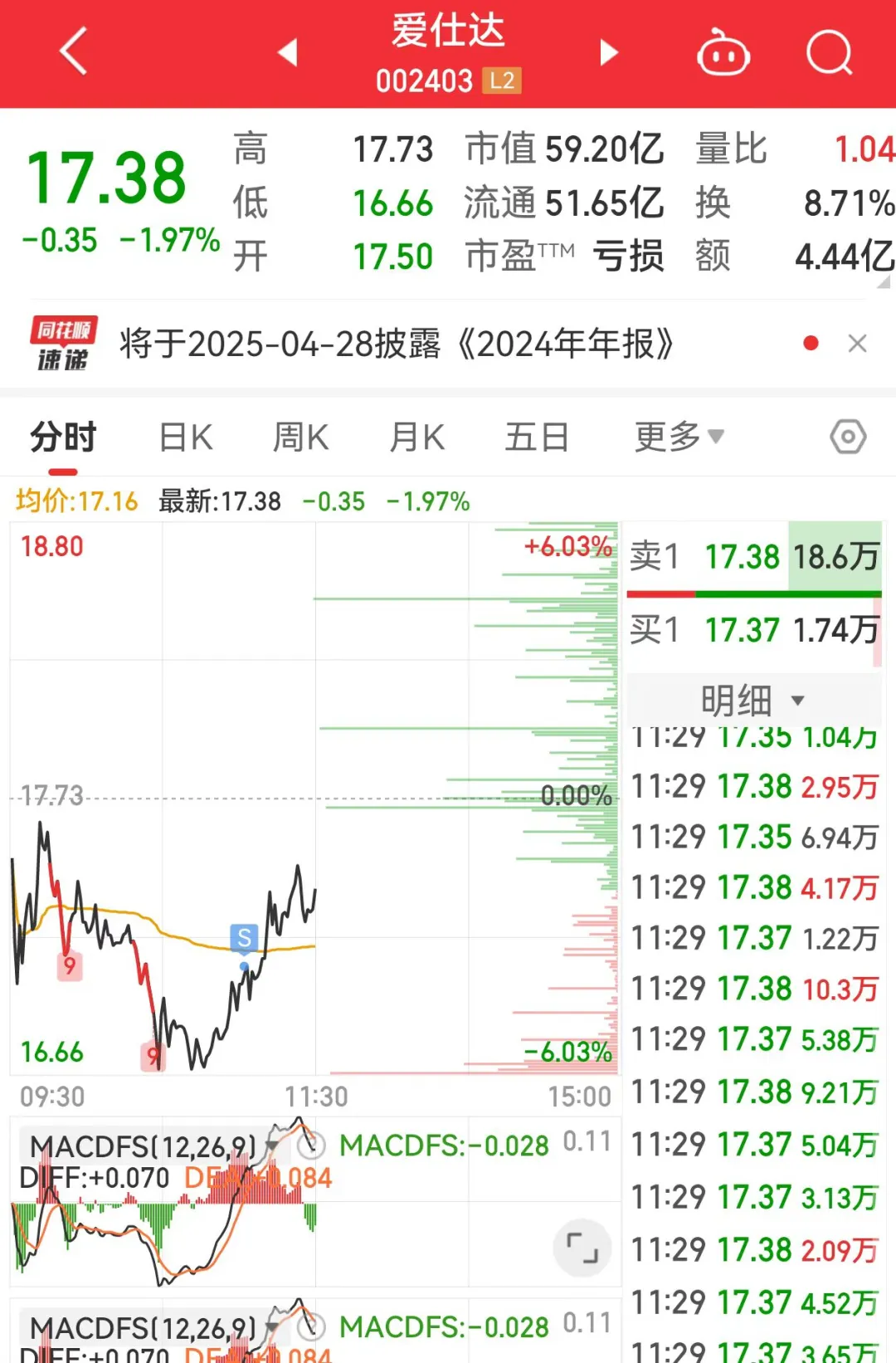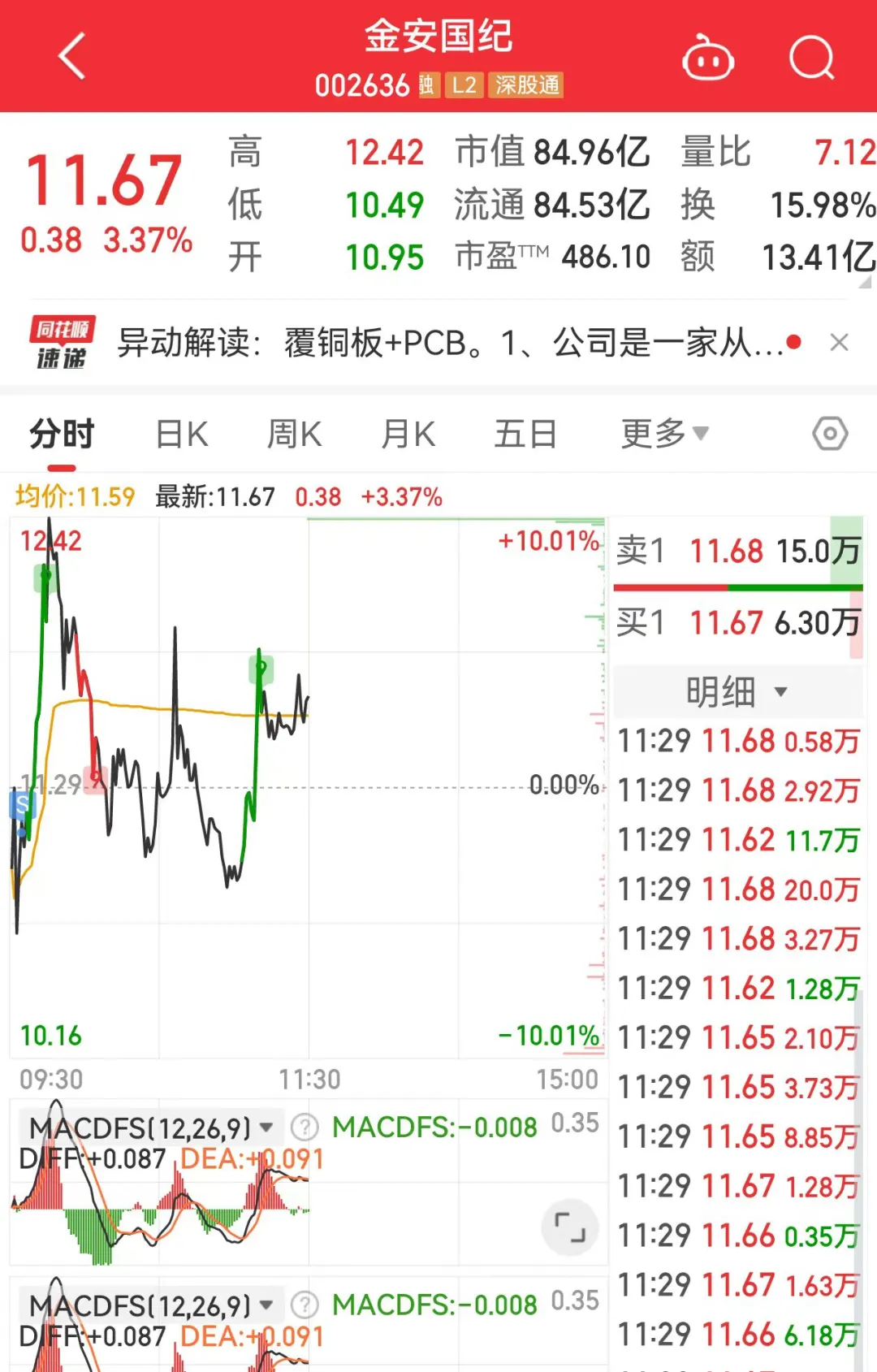This market's short-term ecosystem, at its core, resembles a chess game involving multiple parties. The activities within a chess game can be simply viewed as having three identities: "chess pieces," "chess players," and "spectators."
-
Chess pieces are the most basic units in the game, representing the largest and most widespread group. However, sometimes they lack self-awareness and often feel good about themselves, mistakenly considering themselves as chess players and giving directions as if they were.
-
Spectators are the variables in the chess game, with their numbers fluctuating significantly. If the game is exciting and intense, the number of spectators will sharply decrease as they join the game to become chess pieces. Conversely, if the game is dull and most people start to observe, the number of spectators increases.
-
In this market, those who truly deserve the title of "chess player" are rare, akin to finding a phoenix among chickens or a unicorn among horses. The birth of a chess player in the "history of the chess game" can be said to occur once every ten years. It can be said that circumstances make heroes, and each hero has accomplished a "precious chess game," which becomes a well-known story and is frequently discussed by others.

After gaining a simple understanding of this ecosystem, let's examine how each chess game operates.
Chess pieces follow the "instincts of human nature" (system settings) and tremble without any pattern in this circle, diligently providing "ecological nutrients" 365 days a year without rest.
Chess players observe the stars at night, following the periodic operation rules based on seasonal changes. They begin playing at the appropriate time. Since each chess player's understanding and perspective differ, they naturally form several forces in the market. Each force attracts different chess pieces and spectators based on their market performance. Those who can understand the intentions of the chess players earlier and follow them enjoy higher rewards, with the gold coins provided by the later followers, both "chess pieces" and "spectators."
As the competition intensifies, the circle map shrinks, and entering the final circle inevitably means eliminating the weak and keeping the strong. The weaker forces and the peripheral teams of the stronger forces spontaneously cash out and disintegrate, turning into gold coins that flow into the final prize pool. Since it is a game of chess, there must be a winner and a loser, and it is often the case that the winner takes all.

Such chess games operate cyclically based on different weather conditions (the state of the market), with only the scale and duration varying, but the essence remains largely unchanged.
Most people involved in this are unaware that they are merely chess pieces, with aspirations reaching the sky but lives as thin as paper. Although they are only one word away from being chess players, the difference is as vast as heaven and earth. Those who luckily see through the game tend to choose to be spectators, as an outsider's perspective provides clearer insights. They simulate the chessboard hundreds of times, feeling the charm of the game and contemplating the intentions of the chess players. They can have a taste of the broth to seek a modest living, but taking further steps is incredibly difficult. This is already the "greatest achievement" for ordinary chess pieces.
It should be noted that the only protagonist in the game can be the "chess player." Whether winning or losing, it is the chess player. The role of the chess player is predestined by the system, and their way of thinking and decision-making implicitly contain the principles of nature. It can be said that chess players are born to play chess; without chess, how could there be a game?
So this game is very challenging. If you ask me how the chess players of the past broke through from being mere chess pieces, my answer is: only the heavens know.

I. Today's Operations
-
I bought Guanghe Tong at the bidding price and added another purchase when it was resealed on the board. Yesterday, there was a big positive line, and today, the bidding volume exploded, leading to a high opening. It's a core stock of Dou Bao.
-
Qiangda Electric Circuit: In the morning, Jinguoji had no premium and opened low. Qiangda Electric Circuit had decent承接, so I held onto it a bit longer. During the session, I sold it near yesterday's high point.
-
Aishida: In the morning, the robot took profits, and Aishida followed the timing of Julun and Jian She Gong Ye. Later, Jian She Gong Ye made a significant move, and I initially thought it might not be able to seal the board after the surge. Aishida faced suppression near the moving average during the surge, so I exited with a small loss.

-
Jinguoji: This stock is really annoying. It had such a strong limit-up yesterday, and the sector also saw a significant increase. Today, it didn't even give a premium, and after an initial rally, it continued to decline. I sold it around a -1% rebound, and it immediately went for a limit-up. I missed out on a big gain.
II. Review of Morning Plans
None. I'm driving home tomorrow and won't be able to watch the market, so today I only bought Guanghe Tong. I still have Yingsheng left, which I might sell at a high point in the afternoon.
Follow Lao Niu to prevent disconnection. All views are ahead of the curve, combined with real-time trading. Here, you can catch fish and learn fishing skills. Welcome to copy homework and study logic. Wishing everyone a prosperous stock market journey.